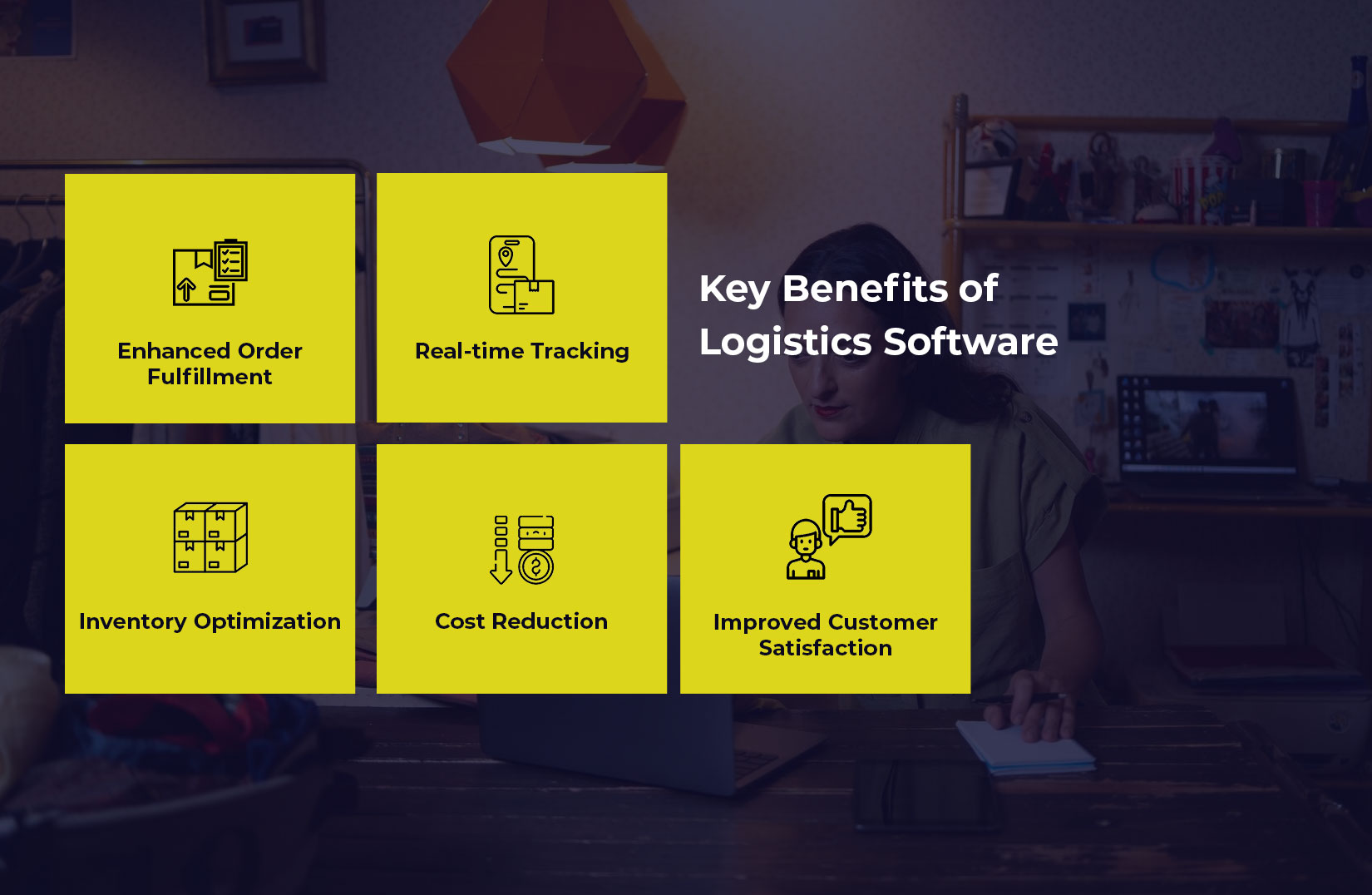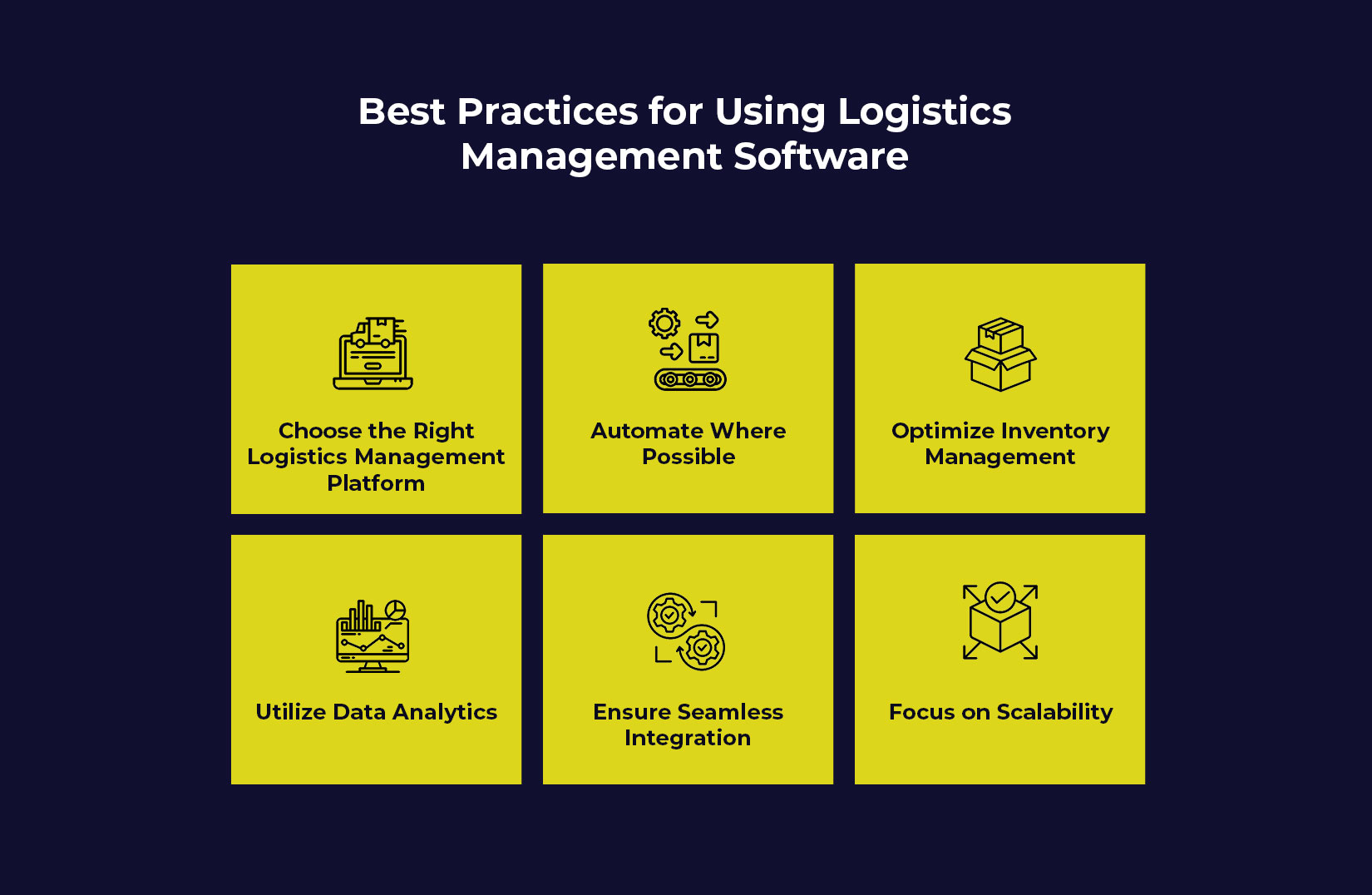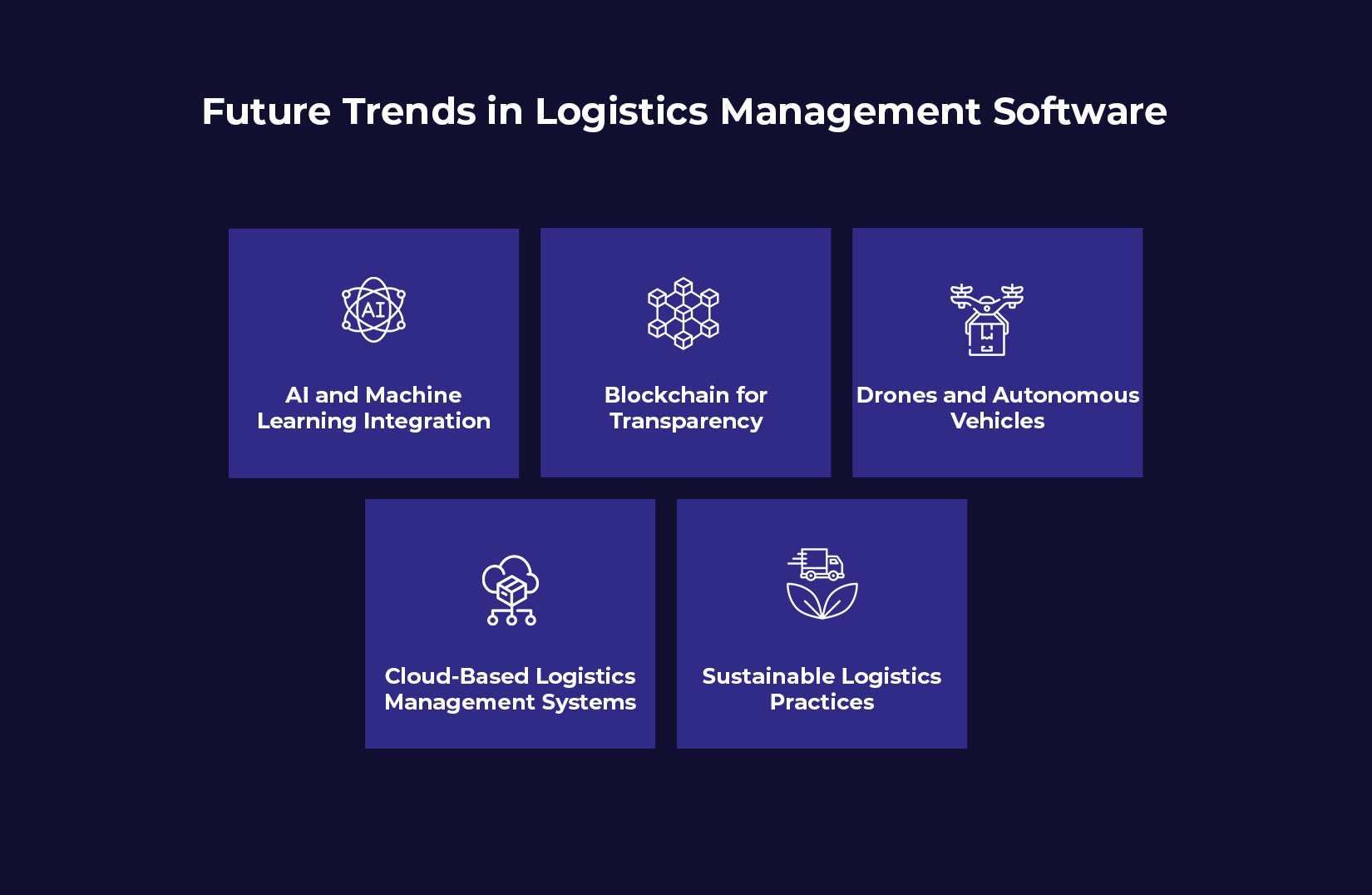
Logistics Management Software for E-Commerce: Best Practices and Tools
In today’s fast-paced e-commerce landscape, efficient logistics management is crucial. Managing supply chains, order fulfillment, and shipping processes manually can be time-consuming and error-prone. A well-optimized logistics management software can streamline operations, reduce costs, and enhance customer satisfaction. Businesses leveraging logistics solutions can automate key processes, ensure real-time tracking, and optimize inventory management.
With the rapid growth of e-commerce, adopting a reliable logistics management system is no longer optional but essential for scalability and profitability. According to a report by Allied Market Research, the global logistics market was valued at $7.64 trillion in 2022. It is expected to reach $13.71 trillion by 2032, reflecting the industry’s rapid expansion. This blog explores the best practices and tools for using logistics management software in e-commerce.
Why E-Commerce Needs Logistics Management Software
E-commerce businesses deal with complex supply chains. Handling warehousing, shipping, order tracking, and returns manually can lead to inefficiencies. Logistics management software simplifies these tasks, ensuring seamless operations. According to a 2023 report by Statista, the global logistics software market is projected to reach $18.3 billion by 2026, highlighting its growing significance. Additionally, a survey by McKinsey found that companies that implement logistics automation experience a 15-20% reduction in supply chain costs.
Key Benefits of Logistics Software

1. Enhanced Order Fulfillment:
Automates order processing, reducing errors and delays. By streamlining order picking, packing, and shipping, businesses can handle larger volumes efficiently. Automated order fulfillment also ensures that customers receive accurate shipments on time, reducing complaints and returns.
2. Real-time Tracking:
Provides accurate shipment tracking for customers and businesses. Real-time data helps businesses monitor deliveries, prevent lost shipments, and enhance customer trust by offering accurate estimated delivery dates. According to a study by MetaPack, 96% of consumers say delivery tracking impacts their decision to purchase from an online retailer.
3. Inventory Optimization:
Ensures stock levels are maintained efficiently. Logistics management software reduces stockouts and overstocking by tracking inventory in real time. This enables businesses to restock strategically and prevent deadstock accumulation. A report by the National Retail Federation found that retailers lose an estimated $1.1 trillion annually due to inventory mismanagement.
4. Cost Reduction:
Minimizes operational expenses by optimizing routes and warehouse management. Logistics software helps businesses find the most efficient delivery routes, reducing fuel and transportation costs. It also enables better warehouse utilization by optimizing space and inventory placement. The World Economic Forum estimates that logistics optimization could reduce global supply chain costs by 10-20%.
5. Improved Customer Satisfaction:
Faster deliveries and accurate tracking lead to better customer experiences. Consumers expect quick and transparent shipping processes. Logistics software ensures smooth last-mile delivery, minimizes delays, and provides proactive updates, increasing brand loyalty. A PwC report revealed that 88% of consumers are willing to pay more for faster and more reliable shipping.
Best Practices for Using Logistics Management Software

1. Choose the Right Logistics Management Platform:
Selecting the best logistics management software depends on your business needs. Look for features such as multi-carrier shipping integration, automation capabilities, and real-time analytics. Platforms like ShipBob, ShipStation, and LogiNext offer robust solutions for e-commerce businesses.
2. Automate Where Possible:
Automation reduces manual workload and minimizes errors. Many logistics management systems provide automated order routing, shipment scheduling, and invoicing. According to McKinsey, automation in logistics can reduce operational costs by up to 30%.
3. Optimize Inventory Management:
An effective logistics management system includes inventory tracking features. This helps prevent stockouts and overstocking. Businesses using inventory management tools report a 20% reduction in carrying costs, according to a study by the Aberdeen Group.
4. Utilize Data Analytics:
A logistics management platform should offer detailed reports on shipping times, delivery success rates, and cost metrics. These insights help businesses make data-driven decisions, leading to better efficiency and cost savings.
5. Ensure Seamless Integration:
Your logistics software should integrate with e-commerce platforms like Shopify, WooCommerce, or Magento. This ensures smooth data synchronization and reduces the chances of miscommunication between sales and shipping teams.
6. Focus On Stability:
As your e-commerce business grows, so should your logistics capabilities. Choose software that can handle increasing order volumes without compromising efficiency.
Top Logistics Management Software for E-Commerce
1. LogiNext Solutions:
LogiNext is a robust logistics management platform designed to streamline last-mile delivery operations using cutting-edge technology. It optimizes route planning, minimizes transit time, and enhances overall supply chain efficiency.
2. ShipStation:
ShipStation is a cloud-based logistics management platform that simplifies shipping processes for e-commerce businesses. It seamlessly integrates with multiple carriers, enabling cost-effective and efficient order fulfillment.
3. FreightPOP:
FreightPOP is a robust logistics management system built for businesses seeking efficient freight management. It streamlines freight operations by optimizing carrier selection, tracking shipments, and minimizing shipping costs.
4. NetSuite ERP:
NetSuite ERP is a powerful logistics management software that delivers comprehensive supply chain management. It optimizes inventory, order processing, and financial operations to improve overall business efficiency.
5. ShipBOB:
ShipBOB is a logistics and e-commerce fulfillment solution that helps businesses optimize their order fulfillment processes. It provides various services to enhance efficiency and customer satisfaction.
To Know more in Detail: 5 Best Logistics Management Software for E-Commerce
Future Trends in Logistics Management Software

1. AI and Machine Learning Algorithm:
Predictive analytics will optimize delivery routes and reduce delays. AI-driven logistics solutions can analyze large datasets to enhance forecasting, helping businesses plan shipments more efficiently. Gartner predicts that by 2026, AI-powered logistics systems will reduce delivery times by up to 25%.
2. Blockchain for Transparency:
Ensures secure and verifiable supply chain transactions. Blockchain technology can eliminate fraud, reduce paperwork, and improve accountability in logistics operations. A report by Deloitte states that 53% of businesses believe blockchain will be a critical tool for supply chain transparency.
3. Drones and Autonomous Vehicles:
Speed up last-mile delivery. Companies like Amazon and UPS are already experimenting with drone delivery systems, reducing dependence on human labor and improving efficiency. Research by MarketsandMarkets forecasts that the drone logistics market will reach $17 billion by 2030.
4. Cloud-Based Logistics Management Systems:
Offer better scalability and remote accessibility. Cloud logistics platforms enable real-time data sharing across multiple locations, helping businesses manage supply chains seamlessly from anywhere in the world. According to Flexera, 94% of enterprises use cloud-based solutions for logistics.
5. Sustainable Logistics Practices:
Green logistics solutions, such as electric delivery vehicles and carbon footprint tracking, are becoming essential for eco-conscious e-commerce businesses. Companies investing in sustainability will gain a competitive edge and comply with evolving environmental regulations. The International Energy Agency reports that sustainable logistics initiatives could reduce carbon emissions by 30% by 2030.
Conclusion
Logistics management software is essential for e-commerce businesses to stay competitive. By selecting the best logistics management software, automating processes, and leveraging data analytics, businesses can improve efficiency and customer satisfaction. As technology evolves, adopting advanced logistics solutions will be key to sustained growth.
Investing in the right logistics management platform today will ensure seamless operations and long-term success in the e-commerce industry. Businesses that embrace automation, real-time tracking, and AI-driven insights will gain a significant advantage. With logistics software continuously advancing, staying updated on emerging trends will help companies optimize their supply chains and enhance profitability. By leveraging the best tools and strategies, e-commerce businesses can navigate logistical challenges and meet growing consumer expectations effectively.
Thereby, to be the best, you need to get the best. By clicking on the red button below you are not just taking the first step towards navigating challenges but also securing your future. Book a demo with LogiNext Solutions today!
34







@LogiNext